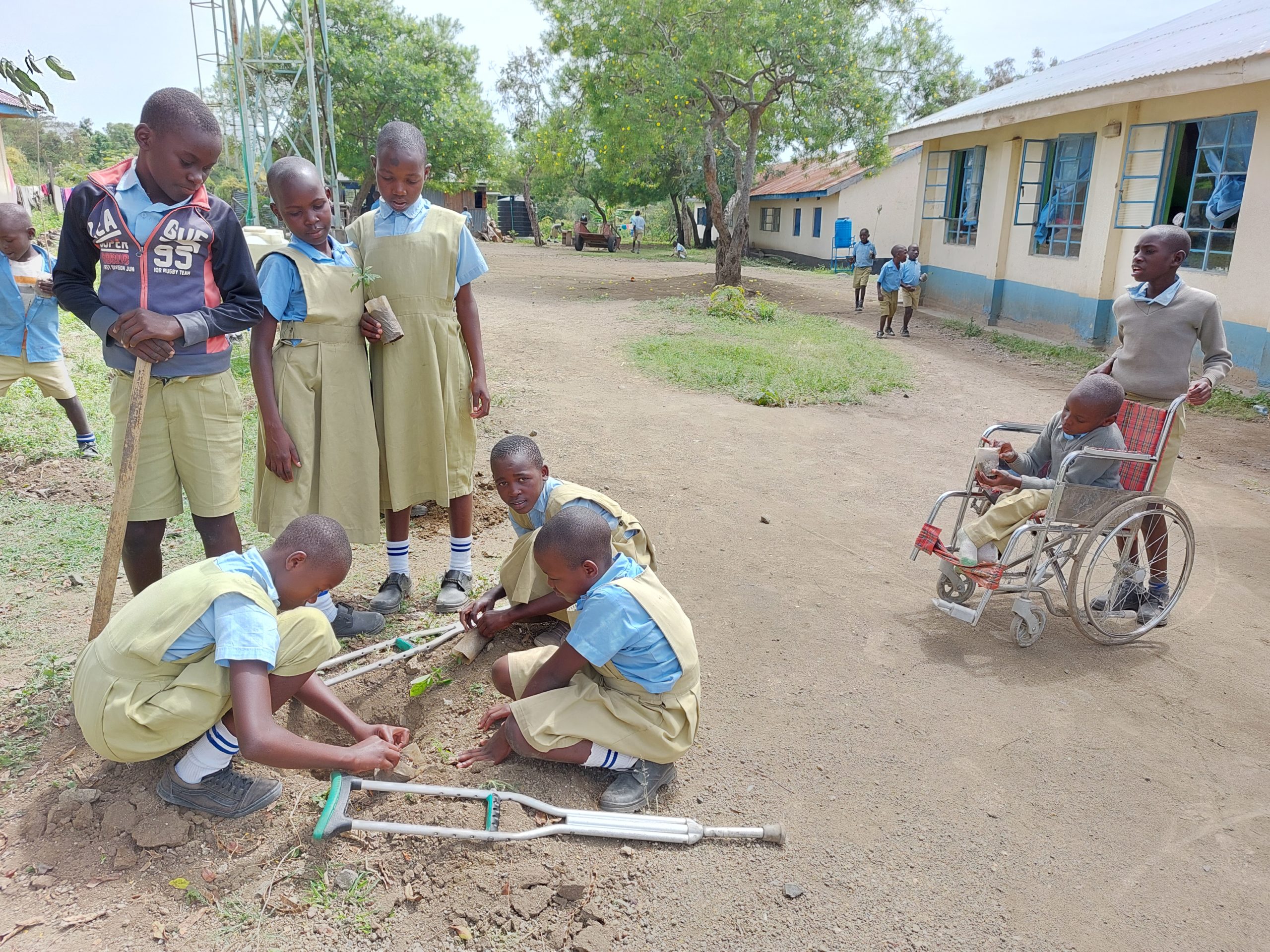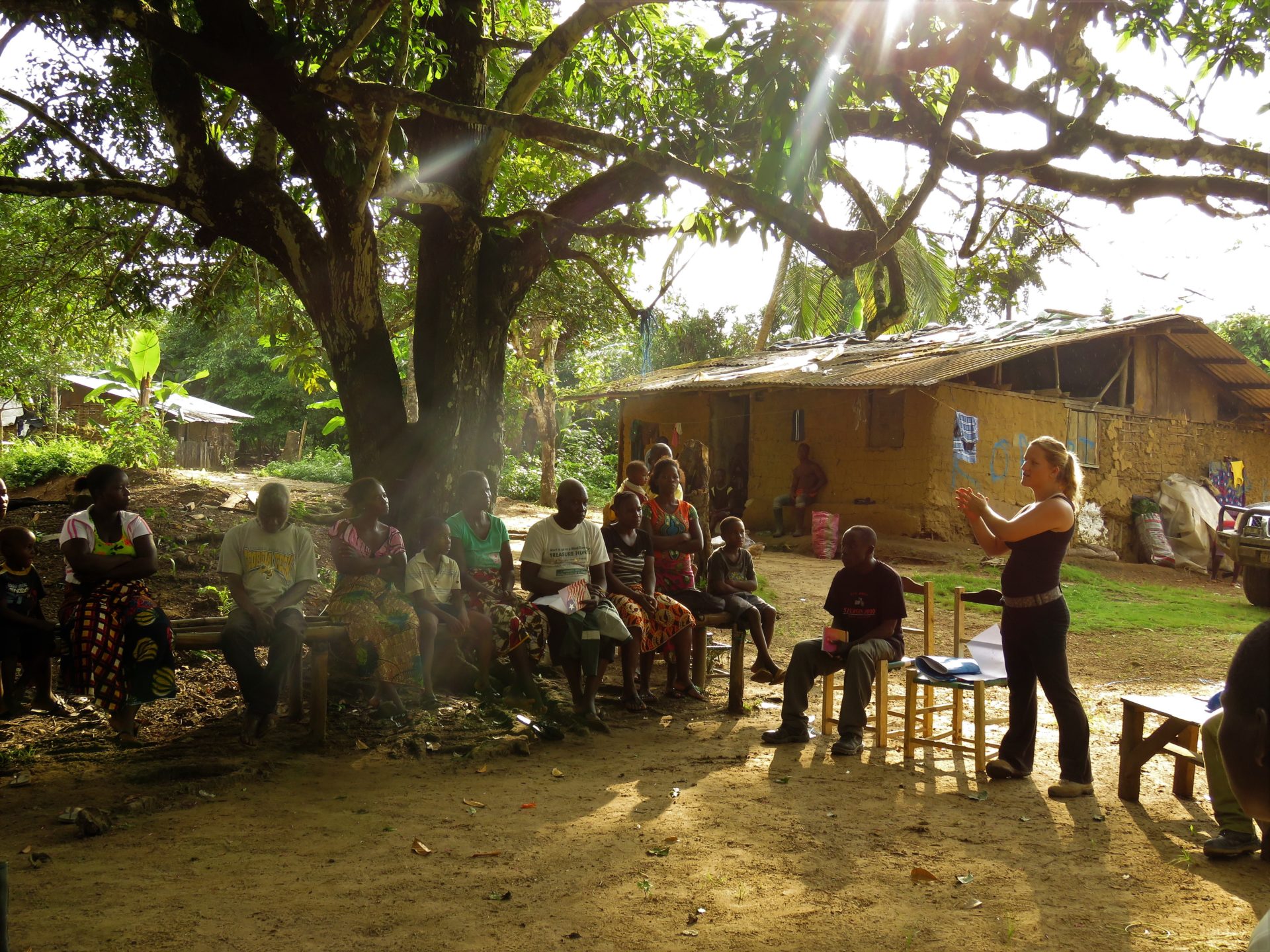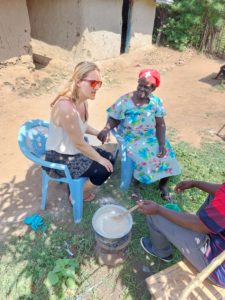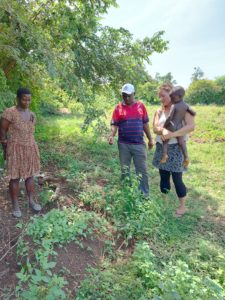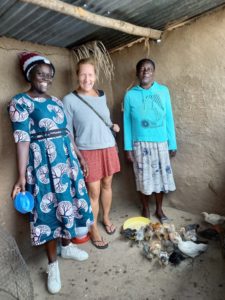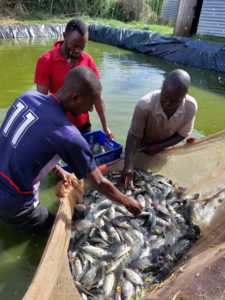
ABOUT THE PROJECT
Kenya – Community and capacity building
‘Building capacity dissolves differences. It irons out inequalities.’
In Germany and Kenya, I empower local communities by building cooperative partnerships focused on the three pillars of community development: Education, Environment, and Economy. Our current projects, managed by local groups with our support, include partnerships with schools, support for special needs education, sponsorship programs, tree nurseries, micro-loan initiatives, and a fish farm. These initiatives foster sustainable growth and resilience within the communities.
Key Highlights:
- Comprehensive Community Development: Focus on three pillars—Education, Environment, and Economy—to create well-rounded, sustainable community projects.
- Empowerment through Local Initiatives: Support for local projects such as school partnerships, special needs education, micro-loans, tree nurseries, and fish farms to foster independence and resilience.
- Environmental and Economic Sustainability: Address issues like food security, deforestation, and economic independence through innovative local solutions.
Our non-profit in Germany and Kenya focuses on building cooperative and empowered partnerships within local communities. We emphasize three fundamental pillars of community development: Education, Environment, and Economy. This holistic approach ensures sustainable growth and resilience.
Education Initiatives: Our journey in Kenya, particularly on Rusinga Island, began with a strong focus on education. We initiated student sponsorship programs and eventually built a library to provide all students on the island better access to school books and the internet, primarily to prepare for exams. Health talks addressing teenage pregnancies and sexual health, particularly in fishing communities, were another critical focus. Additionally, we support a special needs school and have shifted from higher education support to vocational training to better meet the community’s evolving needs.
Economic Empowerment: To foster economic independence and reduce reliance on donor funding, we support initiatives like micro-loans for vulnerable women. These loans enable them to start poultry and vegetable farming, contributing to their income and enhancing local food security. By focusing on local food production, the community becomes less dependent on external food sources and more resilient against price increases, as experienced during the pandemic. Another significant project addressing food security and supporting the local economy is the fish farm. With overfishing and pollution plaguing Lake Victoria, the fish farm provides an alternative source of food and income for the local community, countering the impact of large corporations taking fish for national and international markets.
Environmental Sustainability: As the population on Rusinga Island has grown, deforestation for farming and firewood consumption has led to severe erosion and water management issues. Our environmental projects aim to reverse these trends through tree planting and regenerative farming. The community has established its own tree nurseries and works closely with schools to raise awareness and plant trees, promoting long-term environmental sustainability.
By addressing these three pillars—Education, Environment, and Economy—we create a comprehensive and sustainable framework for community development. Our local and international partnerships ensure that these initiatives are not only implemented but also thrive, leading to empowered and resilient communities.
